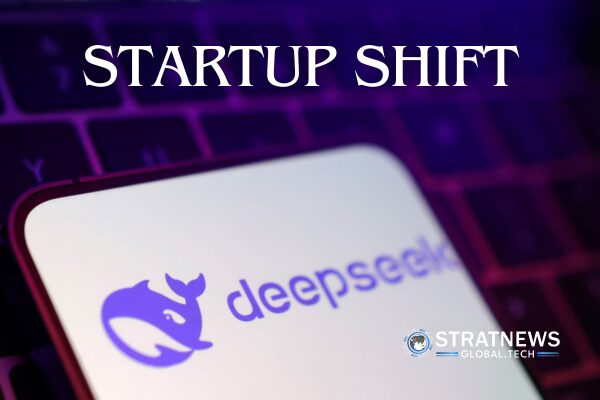DeepSeek Rise Challenges OpenAI with Lower AI Costs
Hemanth Mandapati, CEO of German startup Novo AI, recently switched from OpenAI’s ChatGPT to DeepSeek AI model. He made the change in minutes and saw immediate savings. “DeepSeek’s offer was five times lower than their usual prices,” he said at the GoWest conference in Sweden. He also noted that users noticed no difference in performance.
DeepSeek is reshaping the AI industry by providing affordable alternatives. Interviews with startup executives and investors highlight how lower costs are making AI more accessible. The competition is also pressuring other AI firms to improve their models and cut prices.
DeepSeek’s Disruptive Pricing Model
Analysts at Bernstein estimate that DeepSeek’s pricing is 20 to 40 times cheaper than OpenAI’s. While OpenAI charges $2.5 per million input tokens, DeepSeek offers the same service for just $0.014.
With lower costs, European startups may gain ground against US firms, which traditionally have had better funding access. British AI company NetMind.AI’s chief commercial officer, Seena Rejal, called DeepSeek a “game-changer” in levelling the AI market.
However, concerns exist. Regulators are investigating DeepSeek for possible data copying from OpenAI and censorship of content critical of China.
AI Competition Heats Up
The US remains dominant in AI investment. In 2024, venture capitalists invested nearly $100 billion in US AI startups, compared to just $15.8 billion in Europe. Meanwhile, US President Donald Trump recently announced a $500 billion AI initiative called Stargate, backed by OpenAI, SoftBank, and Oracle.
Still, DeepSeek is gaining traction. A recent research paper revealed that DeepSeek-V3 was trained with under $6 million in Nvidia H800 chips. The model has since surpassed ChatGPT as the top-rated productivity app on Apple’s App Store.
Fabrizio Del Maffeo, CEO of Axelera AI, sees this as proof that “bigger isn’t always better.” Lower AI costs could accelerate industry-wide innovation, he added.
Balancing Cost and Security
AI pricing is already shifting. Microsoft recently made OpenAI’s o1 reasoning model free for Copilot users, removing the usual $20 monthly fee.
However, major corporations remain cautious about switching. Alexandru Voica of Synthesia, a British AI firm valued at $2.1 billion, pointed out that cost is only one factor. “Security certifications, software integration, and frameworks also matter,” he said.
As AI costs drop, the industry must balance affordability with trust and transparency.
with inputs from Reuters


